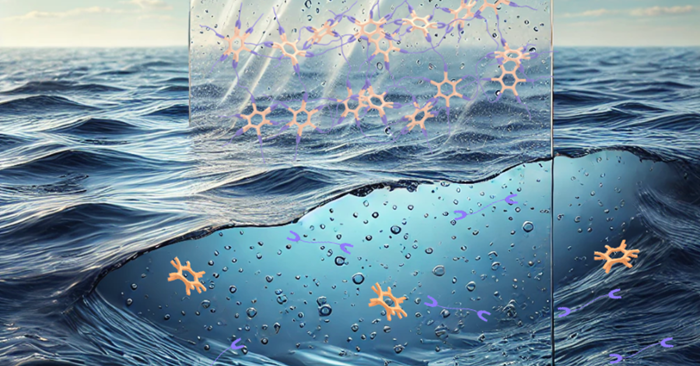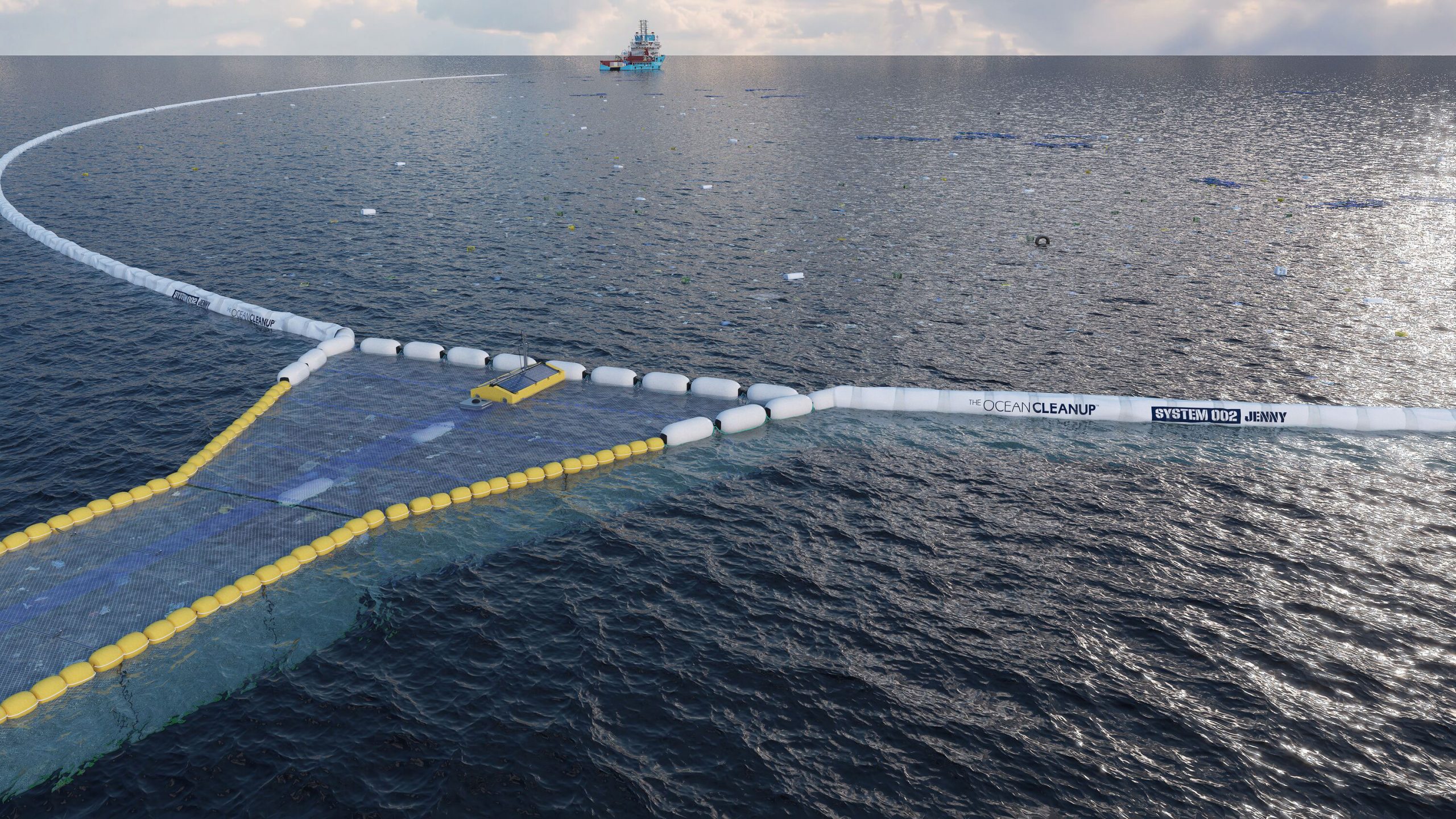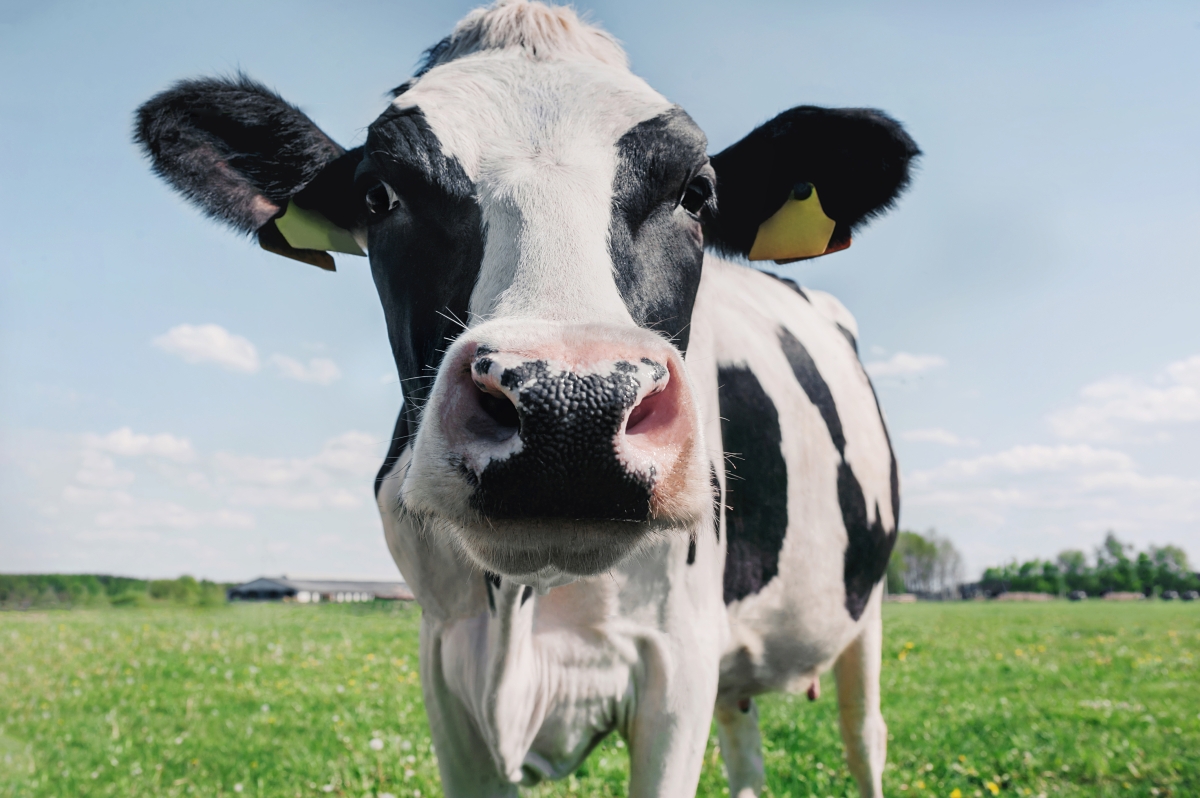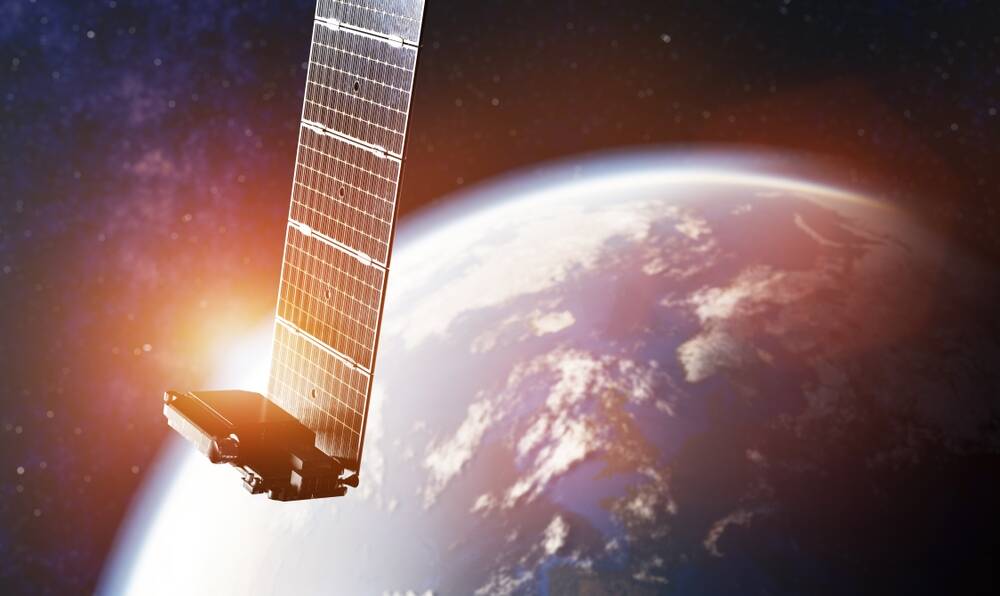
Bye-bye microplastics: new plastic is recyclable and fully ocean-degradable
Researchers led by Takuzo Aida at the RIKEN Center for Emergent Matter Science (CEMS) have developed a durable plastic that won’t contribute to microplastic pollution in our oceans. The new material is as strong as conventional plastics and biodegradable, but what makes it special is that it breaks down in seawater. The new plastic is therefore expected to help reduce harmful microplastic pollution that accumulates in oceans and soil and eventually enters the food chain. The experimental findings were published Nov 22 in Science .
Scientists have been trying to develop safe and sustainable materials that can replace traditional plastics, which are non-sustainable and harm the environment. While some recyclable and biodegradable plastics exist, one big problem remains. Current biodegradable plastics like PLA often find their way into the ocean where they cannot be degraded because they are water insoluble. As a result, microplastics—plastic bits smaller than 5 mm—are harming aquatic life and finding their way into the food chain, including our own bodies.
In their new study, Aida and his team focused on solving this problem with supramolecular plastics—polymers with structures held together by reversible interactions. The new plastics were made by combining two ionic monomers that form cross-linked salt bridges, which provide strength and flexibility. In the initial tests, one of the monomers was a common food additive called sodium hexametaphosphate and the other was any of several guanidinium ion-based monomers. Both monomers can be metabolized by bacteria, ensuring biodegradability once the plastic is dissolved into its components.

/https://public-media.si-cdn.com/filer/2d/f8/2df8565b-846e-47d1-b139-ce52095fb8da/37437678176_efd04bd9e4_o_web.jpg)
















